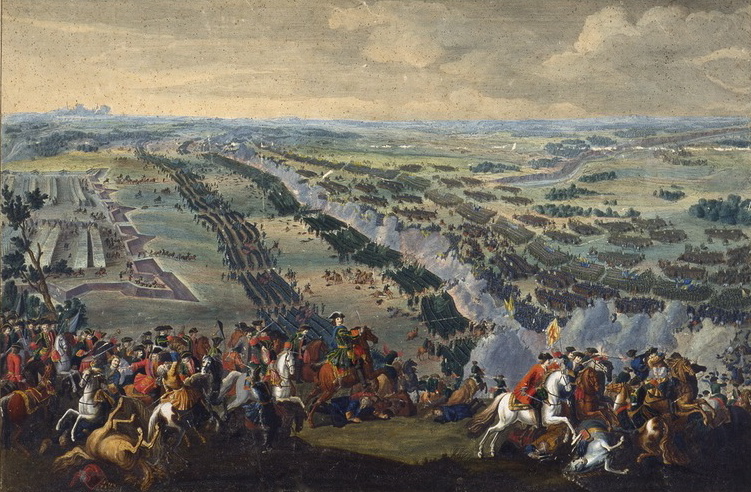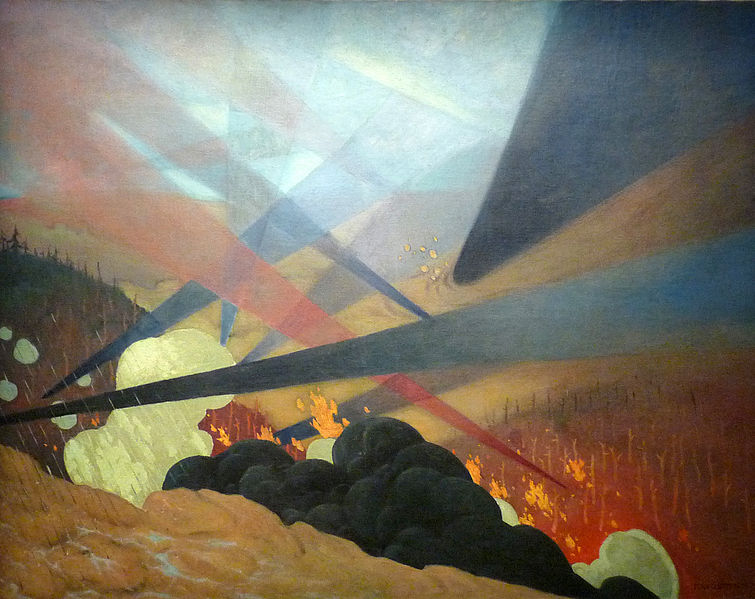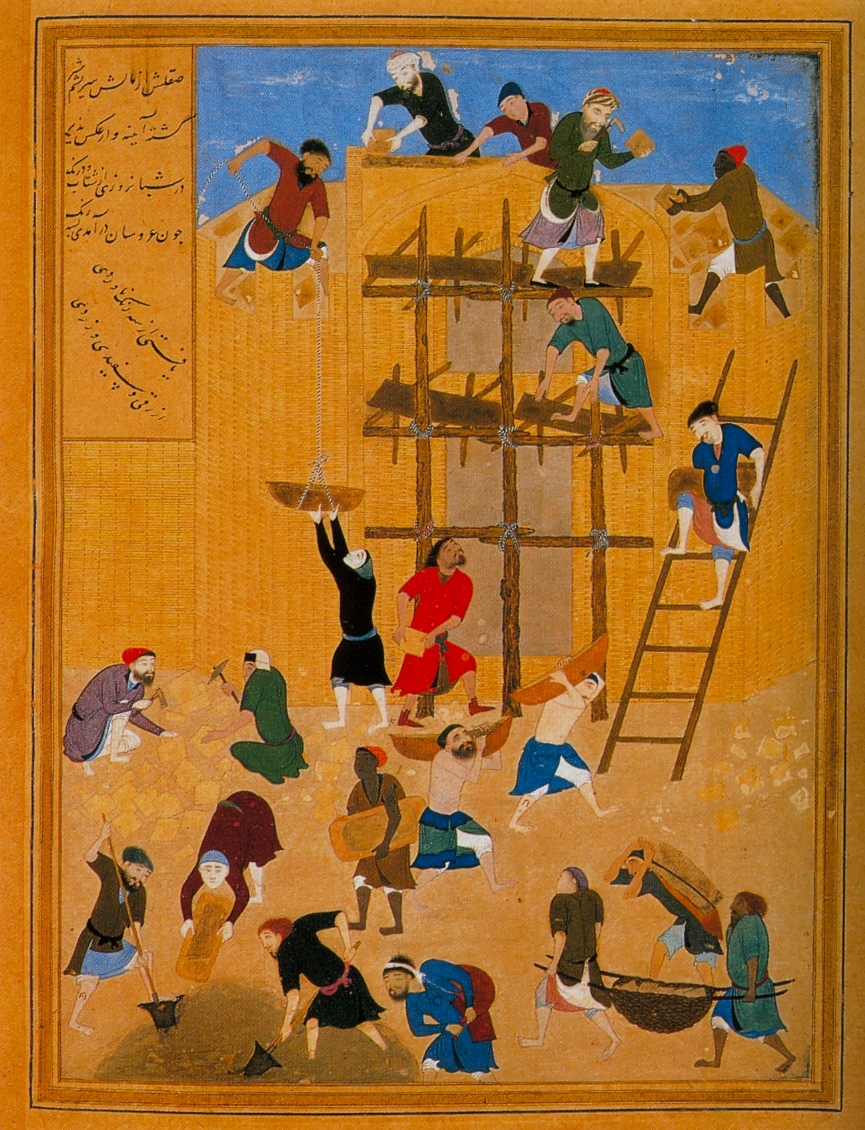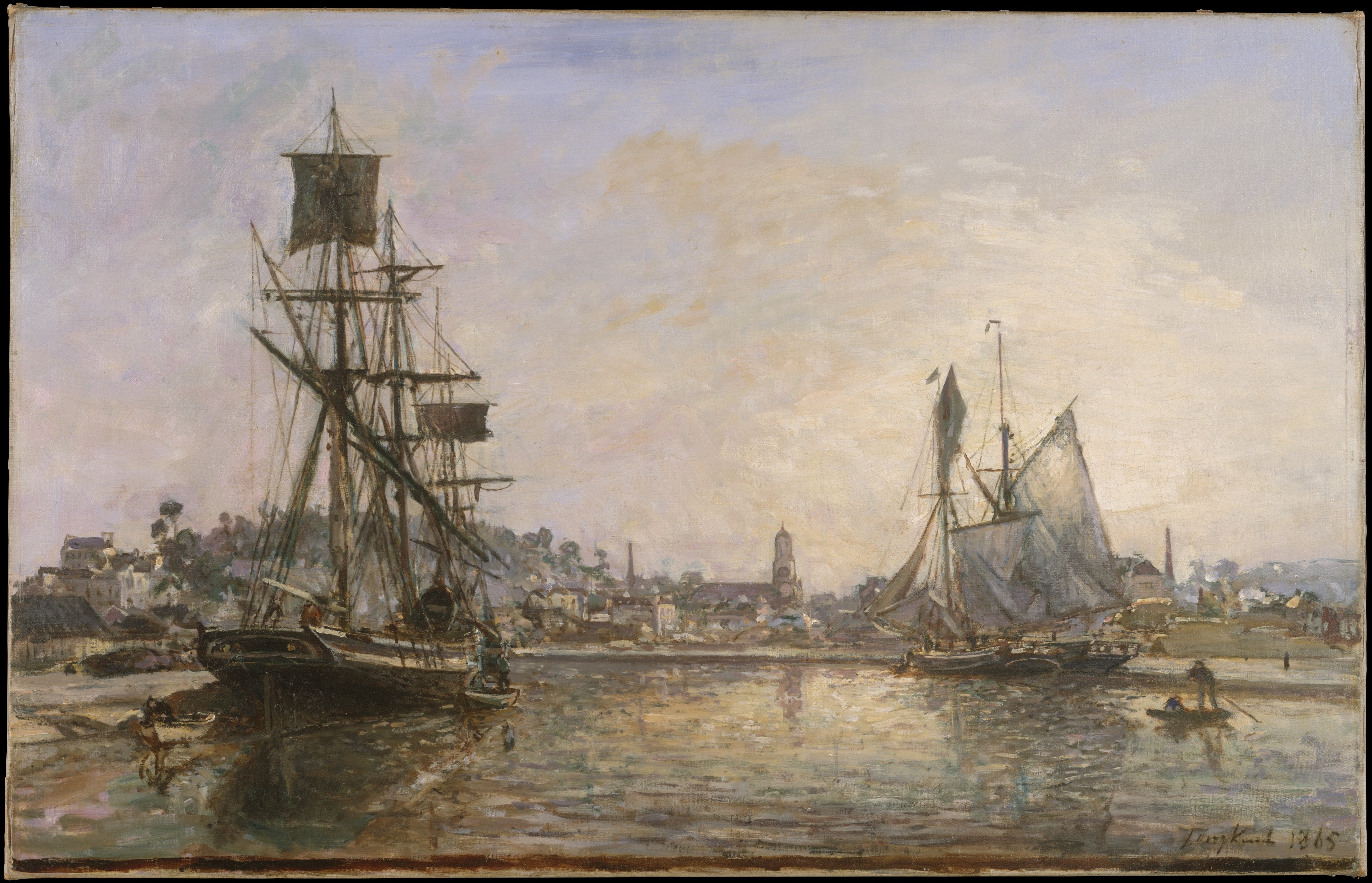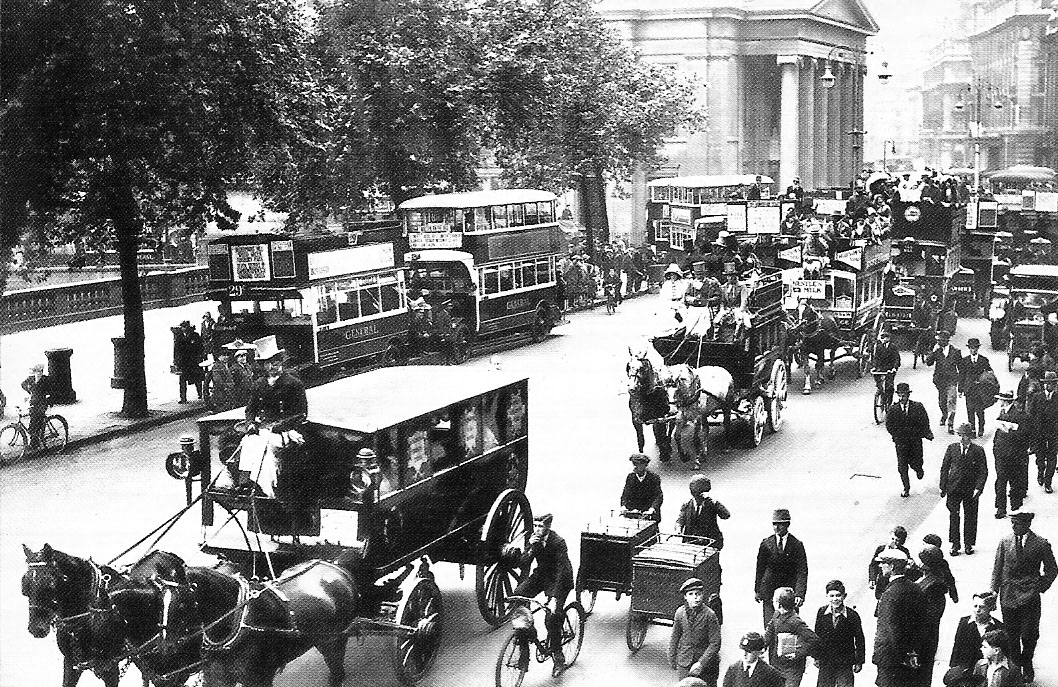
Will South Sudan’s collapsing economy force rent-seeking rivals to an agreement? Peter Dorrie doesn’t think so, arguing it’s more about the relative share of resources than the absolute share. North of the border, the Sudanese government struggles to use Islam as a state religion and simultaneously prevent extremism.
Gayle Smith will succeed Raj Shah as USAID’s administrator, but Howard French thinks she’s the wrong person for the job because of her record of supporting autocratic stability in Africa.
Why Australia’s plan to tackle human trafficking ignores the drivers that allow it to happen in the first place.
Is violent conflict in decline? It’s a tricky question. In an attempt to find middle ground, Jay Ulfelder evaluates a recent paper by Pasquale Cirillo and Nassim Nicholas Taleb that argues violence is not in fact declining.
Does ISIS act much like an ordinary insurgency (excluding its pioneering use of social media)? And as violence across Iraq plateaus, life in Baghdad begins to return to normal after so many years of war.
Mark Kersten looks at a plan for hybrid tribunal to try combatants in CAR, which seeks to find the balance between international and local justice.
In the second quarter of the 19th century, the existence and practices of the Freemasons were at the center of mass politics and conspiracy theories in the United States.
Burundi’s in political crisis mode, but how did the country get here? And in light of the recent failed coup attempt in Burundi, how should we understand the relationship between coups and democratization?


